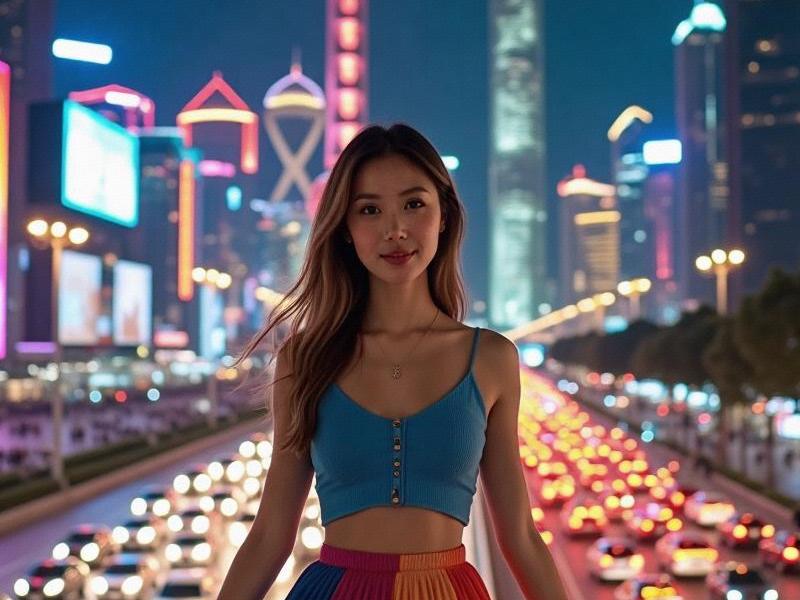This investigative feature explores Shanghai's cultural transformation as historic neighborhoods blend with avant-garde creativity, positioning the city as Asia's new cultural capital.

The sound of Mahler's Fifth Symphony floats through the open windows of the newly restored Shanghai Symphony Hall, while two blocks away, tattooed artists sip craft beer in a converted opium warehouse. This is Shanghai in 2025 - where 19th century shikumen alleys house blockchain startups and French Concession villas transform into conceptual art spaces.
Shanghai's cultural statistics tell a remarkable story:
• 47 new museums opened since 2020 (total now 182)
• Creative industries grew 23% annually (vs 6% GDP growth)
• 68 historic buildings saved through adaptive reuse programs
爱上海论坛 "Shanghai is experiencing what Paris did in the 1920s," observes cultural historian Professor James Chu. "The collision of East and West, tradition and modernity, creates this incredible creative energy."
The cultural revival manifests in surprising ways:
1. LITERARY REBIRTH
The reopened Shanghai Library East hosts 5,000 visitors daily. Local authors like Xiao Bai (whose novels blend noir and Shanghainese dialect) gain international followings. The "Pulp Shanghai" movement reinvents 1930s crime fiction for the digital age.
上海龙凤419
2. ARCHITECTURAL DIALOGUE
In the West Bund district, David Chipperfield's new Waterfront Museum faces off with a preserved 1920s coal bunker. The "Longtang 2.0" project digitally maps every lane house in the city while installing smart infrastructure.
3. PERFORMANCE REVOLUTION
The Shanghai Dramatic Arts Centre now streams productions globally. Experimental theaters in Jing'an host augmented reality performances blending Peking opera with AI-generated visuals.
上海品茶网
4. CULINARY INNOVATION
Young chefs like Li Jiang reinvent Shanghainese classics - xiaolongbao with truffle foam, drunken crab with molecular gastronomy techniques. The city now boasts 83 Michelin-starred restaurants.
Yet challenges remain. Gentrification pushes out traditional residents. Censorship occasionally clashes with avant-garde expression. And the commercial pressure to "perform Chineseness" for tourists creates what critics call "cultural theme park" effects.
As neon reflections dance on the Huangpu River, Shanghai's cultural future appears both proudly local and defiantly global - a city writing its next chapter with ink and algorithms.